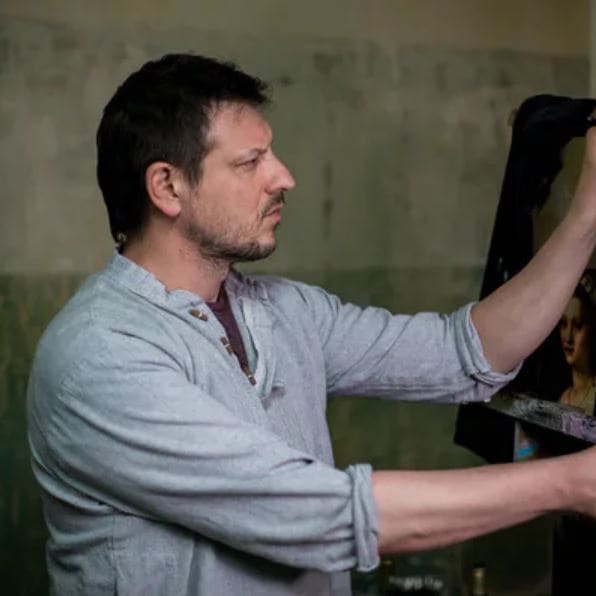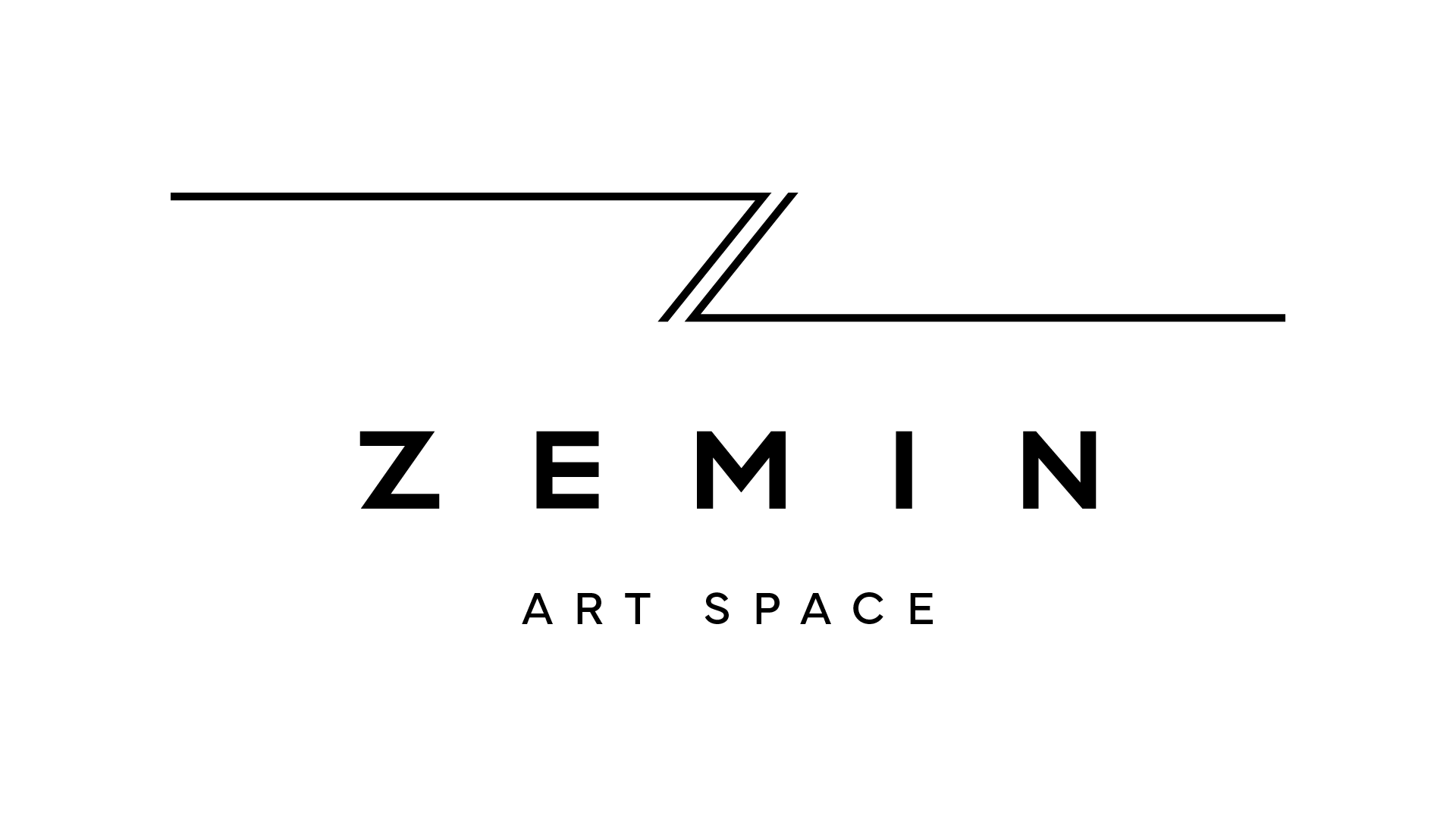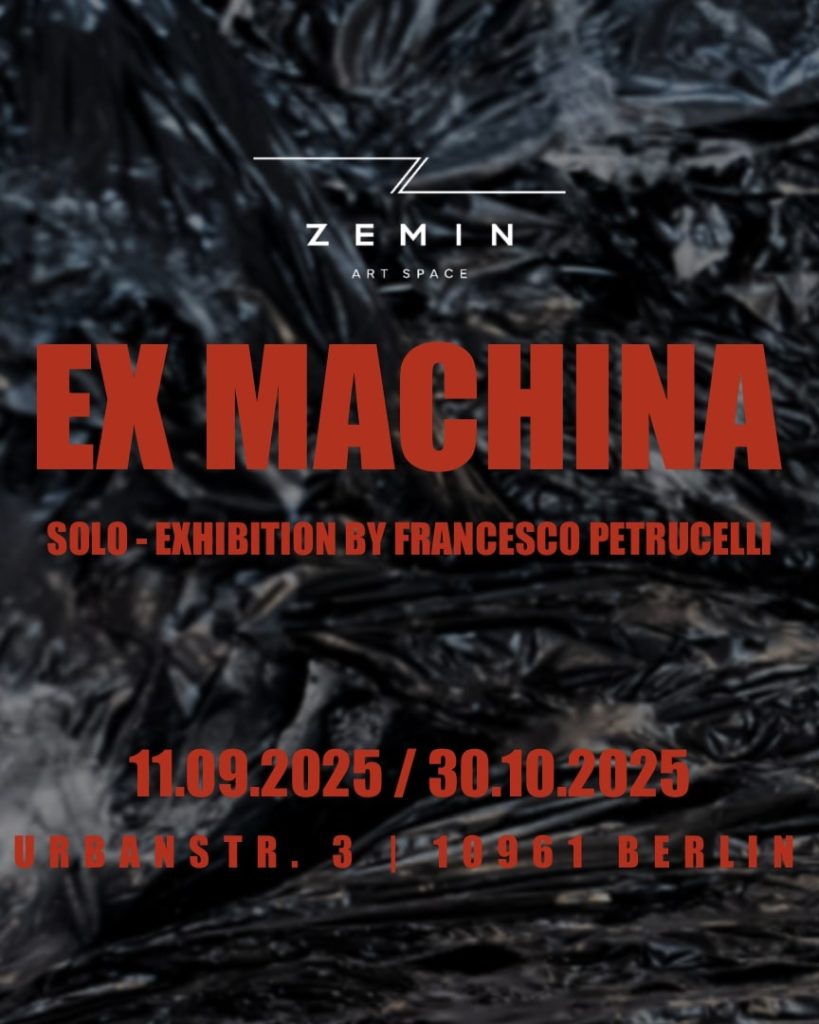
Italian sculptor and painter Francesco Petruccelli started out by working as cameraman. He then graduated from a study in Humanities in Milan before moving to Berlin in 2011 and devoting himself entirely to art. The artist uses vandalism and iconoclasm as paradoxical ways to find new meaning in his artworks. Growing up in Italy, he found himself surrounded by cultural exuberance in the form of architecture, sculpture, and painting, but he found that none of them had the ability to mirror the social problems or moral dilemmas of the time. Petruccelli’s work has been featured at numerous national and international exhibitions. In 2017, he did an artist residency for the Goethe Institute in Bangalore (India). In 2018, he graduated as Meisterschüler in the class of Karsten Konrad at the Universität der Künste Berlin and won the Helmut Thoma Stiftung Prize for sculpture. In 2019, he exhibited his works in the Arsenale (Venice, Italy) as finalist for the Laguna Art Prize; and in that same year he co- founded Intermission Collective, an organization dedicated to the autonomy of artists from market-driven mediation.
1/1 Exhibition: Ex Machina
Francesco Petrucelli critiques traditional human identity rooted in humanistic culture and challenges the notion of humans as central and superior in the universe. With his works, Petrucelli explores the portrayal of the body as a symbol of human significance, influenced by religious depictions. His interventions destruct classical representations of the face and body, highlighting that consciousness is just a fragment of identity.
“Ex machina” exhibition delves into the unexplored alterity within identity, drawing from psychoanalytic and Jungian theories. It navigates between humanist glorification and posthumanist rejection of the human. The exhibition probes transhumanist ideas, envisioning a future where human essence can be uploaded to machines for immortality, replacing traditional religious concepts with technological progress.
The project starts from the critique of a traditional concept of identity, formed mainly through humanistic culture. The human being in the humanist perception is the protagonist of his own space and time, he is the measure of the things that surround him. As masterfully illustrated by Leonardo Da Vinci in the Vitruvian Man, the human being in the humanist perception is perfectly suited to the circle of the celestial world and the square of the earthly world. This splendid illusion – of being a perfect microcosm, mirror of the macrocosm of the universe – still haunts us: despite all the wounds inflicted by psychology on the pride of the ego, the human being still considers himself the conscience of the universe and the protagonist of the world. In the artistic sphere, the representation of the body which has its iconographic origins in the representation of the death of Jesus is the vehicle through which in the last 500 years there has been a representation of the human being as the central figure of the stage of the world: even in his condition of existential suffering the human being wanted to see himself as the beating heart and mind of the universe. The criticism of this conception that Francesco Petrucelli expresses through the “Ex machina” exhibition, is above all an iconographic criticism. Petrucelli intervenes on the traditional representation of the face and the body which are the classic interpretation keys of human identity. His interventions are destructive, iconoclastic, but capable of opening up to new interpretations of human nature, in contrast with what is precisely the classical humanist vision. With his works, he undermines the supposed unity of human identity through plastic and pictorial interventions that highlight how much consciousness is only a small part of human identity. In it there is in fact an irreducible alterity that Petrucelli intends to explore, and through this psychoanalytic research, Jungian questions takes shape on a possible integration of individual identity in the otherness of nature.


